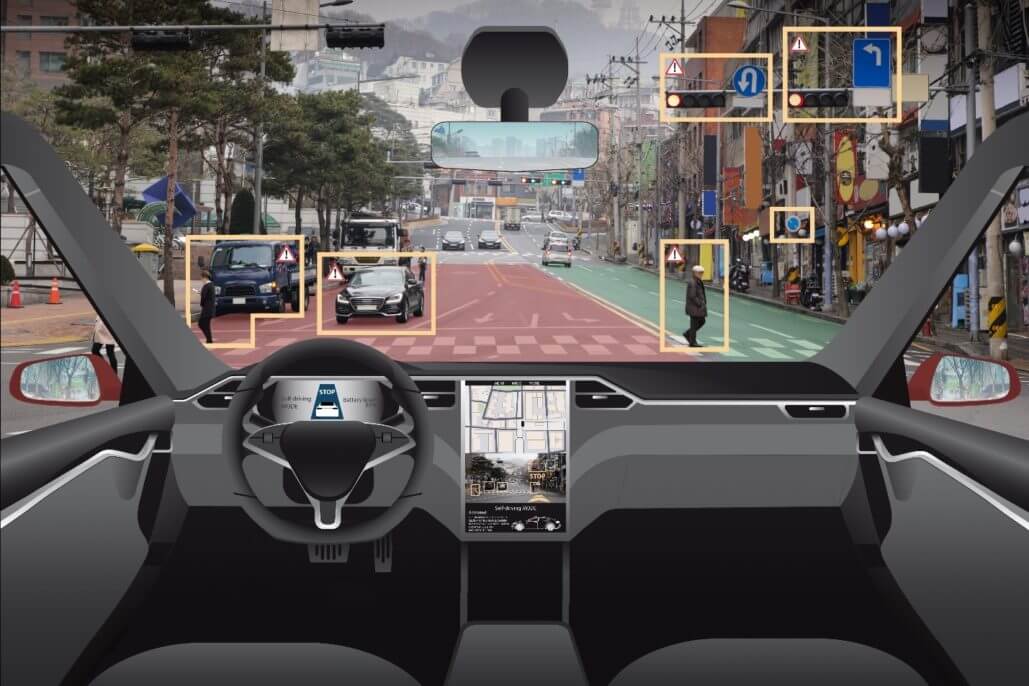On December 10, AutoX reported it had launched fully driverless RoboTaxis on a public road in Shenzhen. AutoX announced it had become the first player in China to do so.
AutoX has wholly removed the backup driver or any remote operators for its cars. Significantly, the company has been testing 25 driverless RoboTaxis in Shenzhen this year. They are also testing five more vehicles in other cities around the world.
As its known, the government isn’t restricting where in the city AutoX operates, though AutoX announced they are concentrating on the downtown area.
AutoX, a four-year-old startup, released a minivan video on the road without a driver.
Significantly, the company equips the driverless RoboTaxis with the newly released 5th generation system to support autonomous vehicle deployment in urban settings. The corporation enhances this new generation with more powerful sensing technology to manage the most complex traffic scenarios such as when foot-traveller, fast cyclists, and small pets interact at close range to the vehicle simultaneously.
The service in trial mode and not currently open to the public
AutoX CEO Jianxoing Xiao announced that they have been working hard for years and finally reach the destination. He said that they are confident by themselves. Xiao also announced that more than 100 vehicles are driving every day on the road.
The company was founded in 2016 by Jianxiong Xiao, a former assistant lecturer at Princeton who is often called Professor X. Significantly, AutoX integrates hardware and software technology for driverless vehicles.
The service in trial mode and not currently open to the public. According to Xiao, they suppose to get permission to expand the program to regular passengers in the following two or three years.
The covid-19 pandemic has demonstrated the need for contactless services, which encouraged the government to move faster with autonomous technology, said Xiao.
An Alibaba-backed startup already has over 100 RoboTaxis deployed in five Chinese cities, including Wuhan and Shanghai. They are going to double its reach to over ten local towns over the next year.
As we all know, China is the world’s largest auto sector. According to analysts, the country could become the top global market for automated vehicles. It predicts the country could make $1.1 trillion in revenue from autonomous mobility services by 2040.
Xiao thinks that it could take another five years for autonomous taxis to become the norm in China.











